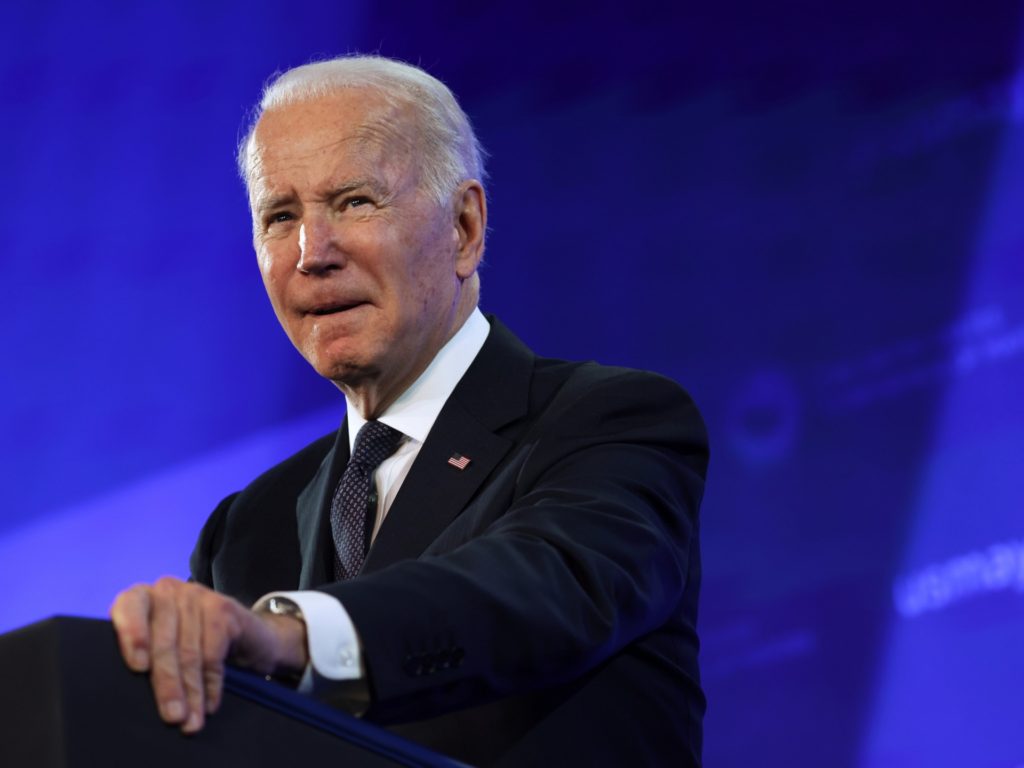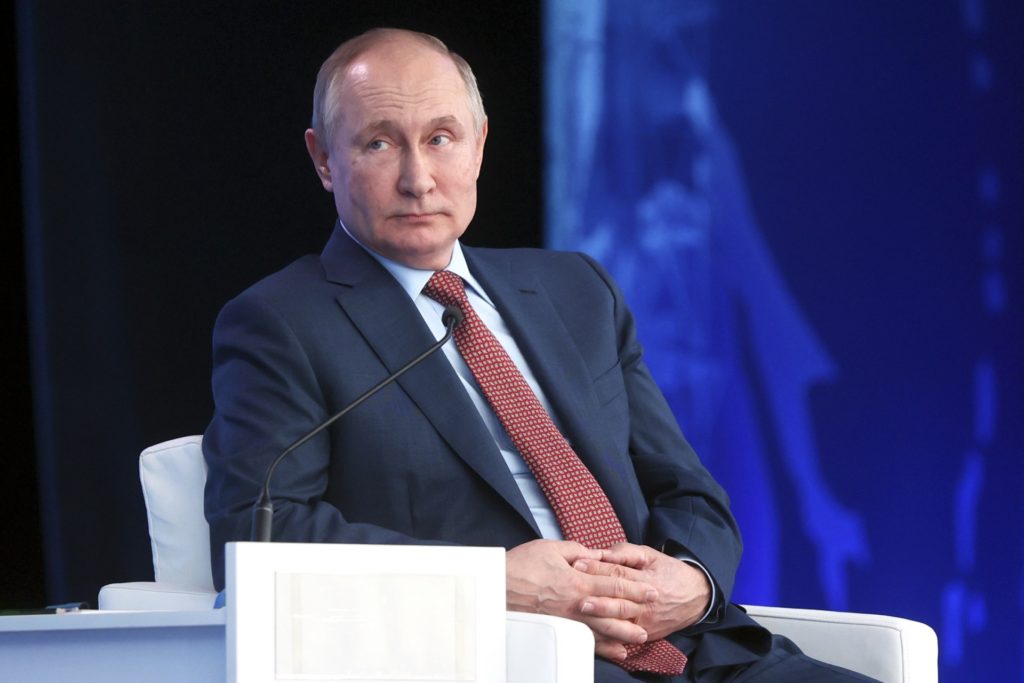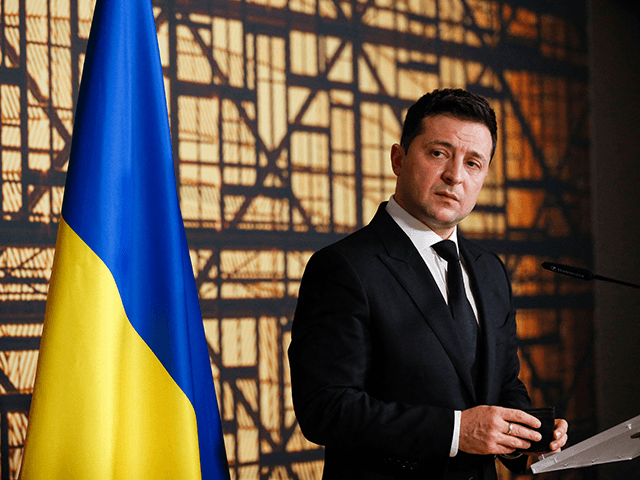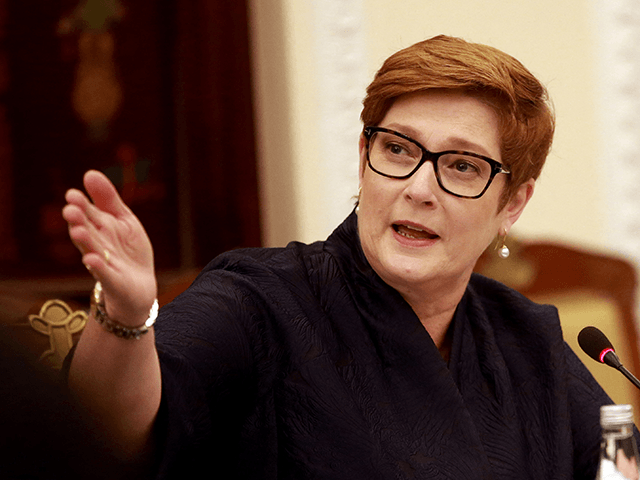Australian Foreign Minister Marise Payne said Tuesday her government is considering tougher economic sanctions against Russians involved in escalating tensions with Ukraine.
The Biden administration has repeatedly refused pleas for such preemptive sanctions from the Ukrainian government.
Payne said she has discussed ideas for tougher sanctions with British Foreign Secretary Liz Truss and the U.K. Ministry of Defense.
“They are a potential tool that Australia can use in concert with like-mindeds to indicate and to convey very strong concerns about such aggressive behavior,” she said of sanctions proposals.
Payne said the world must not accept Russia “bullying” Ukraine.
“We are deeply concerned by the military build-up on Ukraine’s border,” she said. “The European Union foreign ministers have conveyed that message again overnight. The UK, the United States, our friends in Canada have been equally clear that this sort of behavior is completely unacceptable from authoritarian regimes, that it is not a case of might outweighs all in terms of exercise of power.”

U.S. President Joe Biden speaks during the 90th Winter Meeting of USCM on January 21, 2022 in Washington, DC. (Alex Wong/Getty Images)
In the same interview with Australia’s ABC Radio, Payne said Australia was prepared to offer Ukraine assistance with repelling Russian cyberattacks, but would not participate in kinetic “military assistance.”

Russian President Vladimir attends the Russian Union of Industrialists and Entrepreneurs (RSPP) Congress in Moscow, Russia, Friday, Dec. 17, 2021. (Mikhail Metzel, Sputnik, Kremlin Pool Photo via AP)
Ukraine asked Australia for cybersecurity help last week after a major attack took down several Ukrainian government websites.

Ukraine’s President Volodymyr Zelensky attends the Eastern Partnership summit in Brussels on December 15, 2021. (JOHANNA GERON/POOL/AFP via Getty Images)
Payne estimated about 1,400 Australians are in Ukraine at present, including “family units.” The Australian government, following consultations with the U.S., U.K., and Canada, has advised them to “leave now by commercial means where it’s safe to do so.”
Australia is considering “dramatic ‘Magnitsky’ sanctions against senior Russians” under a new Australian law authorizing travel bans and property seizures against foreign officials who violate human rights, the Sydney Morning Herald (SMH) reported Tuesday.
The law, like a similar measure in the United States, was inspired by the Russian government’s imprisonment, torture, and murder of anti-corruption investigator Sergei Magnitsky in 2009. Australian commentators widely assumed the first use of the law would be against Chinese officials involved in the Uyghur genocide.
The SMH quoted Stefan Romaniw, chairman of the Australian Federation of Ukrainian Organizations, urging tougher sanctions immediately against Russian President Vladimir Putin and his top officials.
“Putin is a master of being able to paint something gray when it is black and white, to create uncertainty, and ultimately he needs to be sent a strong message that nobody is taking their foot off the pedal,” Romaniw said.
“There needs to be a message that makes him understand that any incursion into Ukraine will get a pretty strong reaction, and unless he gets that I think we are going to have constant debates like we have at the moment,” he argued.
The Ukrainian embassy in Canberra thanked Australia for its “strong stance” and said there is still “room for more sanctions towards Russia due to the significant amount of violations by the Russian entities of Ukrainian sovereignty.” However, senior Ukrainian embassy official Volodymyr Shakivskyi on Monday said Australia’s decision to withdraw personnel from Ukraine sent the “wrong message” and could fuel “panic” by making an invasion seem inevitable.
Ukrainian Foreign Minister Dmytro Kuleba said on Tuesday that all of Ukraine’s international partners should consider immediate sanctions to change Russia’s calculations on invasion.
“We tell our partners: thank you for preparing sanctions in case of a new wave of escalation, but there are things for which Russia can be punished with sanctions now,” he said.
Kuleba pointed to Russia’s habit of distributing passports to people living in the eastern part of Ukraine, where Russia-backed separatists have been waging an insurgency since 2014.
Ukraine regards this “passportization” initiative as an assault on its sovereignty, an effort to foment secession by forcibly assimilating the people of eastern Ukraine. Moscow has employed similar tactics in breakaway regions of other former Soviet satellites.

COMMENTS
Please let us know if you're having issues with commenting.